Latest Posts
The business of Toshiba portable storage is fading from the PC industry. What made the giant of a generation fade?
Recently, Toshiba Japan officially announced that it will transfer the 19.9%shares of Dynabook that it hold to Sharp. After the transfer is closing, Dynabook will become an independent subsidiary of Sharp. It means that Toshiba portable storage has completely withdrawn from the PC market.
After the sale of the storage business, Toshiba once again divested the notebook business. In fact, Toshiba has continued to cut its business in recent years
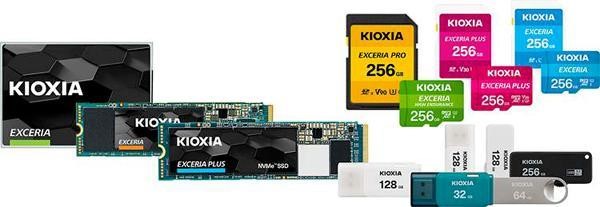
The history of Toshiba portable storage
In 1985, Toshiba manufactured the first personal notebook: T1100. With built-in rechargeable battery, this notebook also has 3.5-inch floppy drive and 256K memory. In the 1990s and early 2000s, Toshiba has always been the world’s leading personal computer manufacturer.
However, with more players pouring into the market and Toshiba’s insufficient product innovation. It provides fewer and fewer unique features, and the popularity of its products gradually declines. Data shows that Toshiba’s shipments in the personal computer market have already declined from a peak of 17.7 million units in 2011 to approximately 1.4 million units in 2017.
What’s interesting is that the development experience of Toshiba’s storage business is surprisingly similar to that of the notebook business. As the inventor of NAND flash memory, Toshiba Storage’s name has long been deeply rooting in the hearts of the people. Furthermore, it occupies a very important position in the development history of the global storage industry. In 2018, Toshiba announced the completion of selling its chip business to a consortium(Bain Capital), a US private equity firm, at a transaction price of US$18 billion.
After the transaction was over, Toshiba Storage changed its name to Kioxia in October last year and has been seeking an IPO. After selling to Bain, Toshiba itself still holds a 40.2% stake in Toshiba Storage. However, recently, due to Toshiba’s financial uncertainty and frequent media reports, Toshiba plans to sell its shares in KIOXIA.
A leader of storage industry is declining
An industry leader in a generation has come to an end. The real cause is its old operating way and internal financial chaos. Fierce industry competition has accelerated the decline
Whether it is the personal notebook business or the storage business, Toshiba has undoubtedly been a generation leader, but its glory has not been able to maintain for a long time. The fundamental reason is its own conservativeness and internal financial chaos, and the fierce competition in the industry has accelerated its decline. .
Toshiba has the title of “Father of Notebooks” and once built the world’s first notebook computer. From the 1990s to the beginning of this century, Toshiba lost its competitive advantage as its competitors gradually increased.
According to IDC data, in the 2020 Q2 global PC shipment report, HP, Lenovo, Dell, Apple, and Acer ranked the top five, accounting for a total market share of 80.2%. Toshiba’s Dynabok brand is no longer popular.
Financial Fraud of Toshiba portable storage
In addition, the Toshiba financial fraud incident in 2015 caused a lot of social shock. Many senior managers resigned and were held accountable by investors. Meanwhile they may also suffer judicial investigation. Moreover, the false reports did not only occur in one department. Almost the entire Toshiba company was involving, and many senior managers from different business departments were participating in it. This is all due to the “profit supremacy” belief in the company.
After all, if a company can only create good performance by falsifying accounts. It means that the competitiveness of enterprises has declined.
As a representative company in Japan, Toshiba’s rise and fall is also an epitome of the development of the Japanese electronics industry. With the gradual popularization of consumer electronics, Toshiba was unable to adjust its strategies to closely following consumer demand, nor was it able to significantly reduce costs. It just sticks to the rules, so it gradually fell from the altar. However, despite all of this, Toshiba’s deep technical accumulation in certain areas cannot be underestimated. At this stage, the mainland is focusing on the development of the integrated circuit industry, and the government has invested a lot of resources to support it. However, the development of the integrated circuit cannot only rely on financial support. The history of the development of the Japanese electronics industry is very typical and is a significant reference for the development of mainland enterprises.

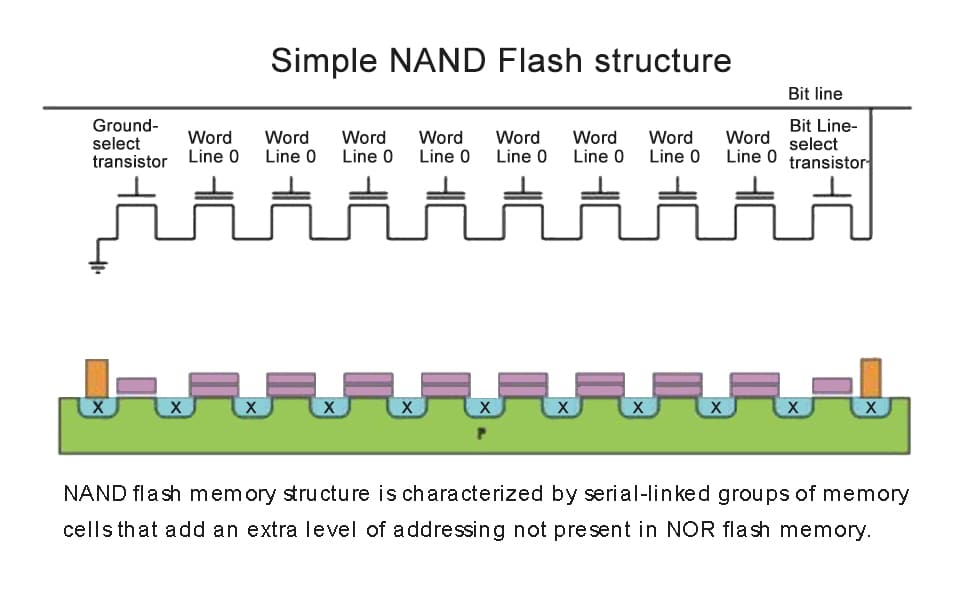
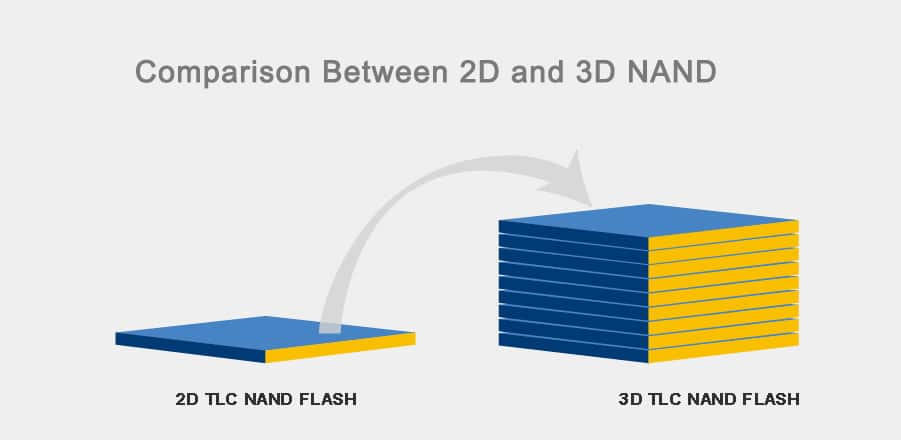
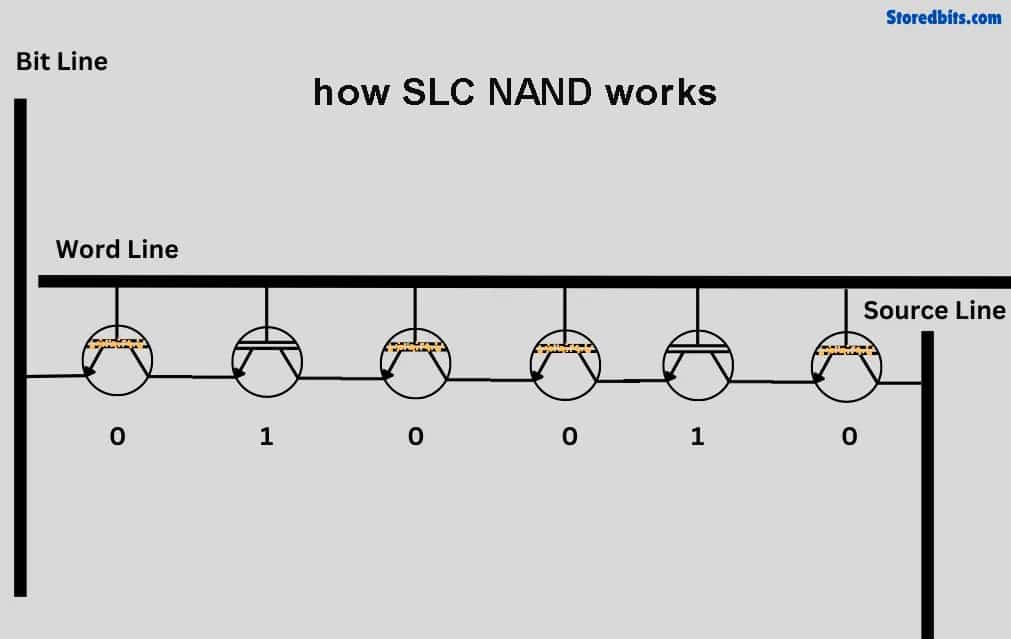
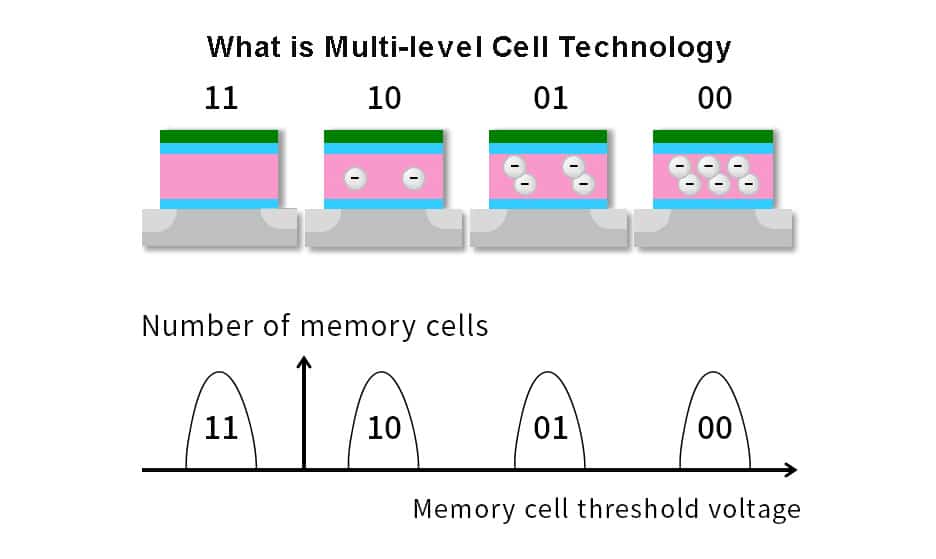
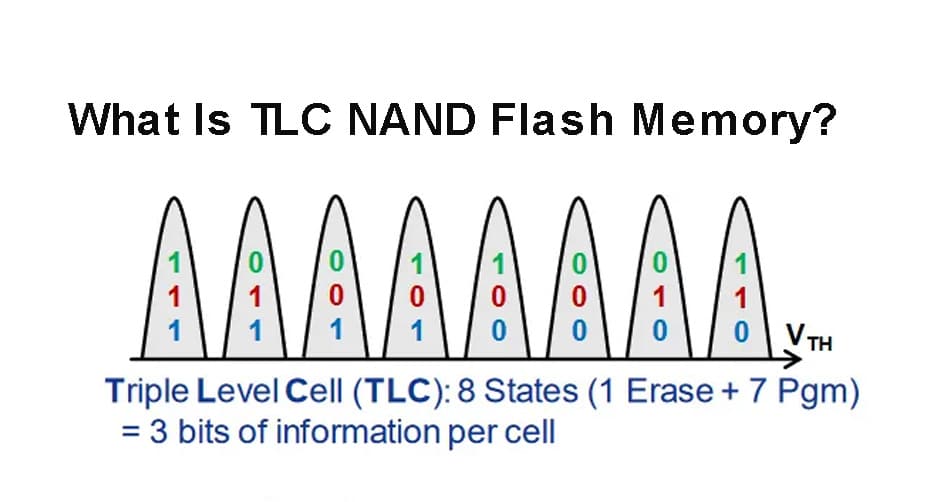
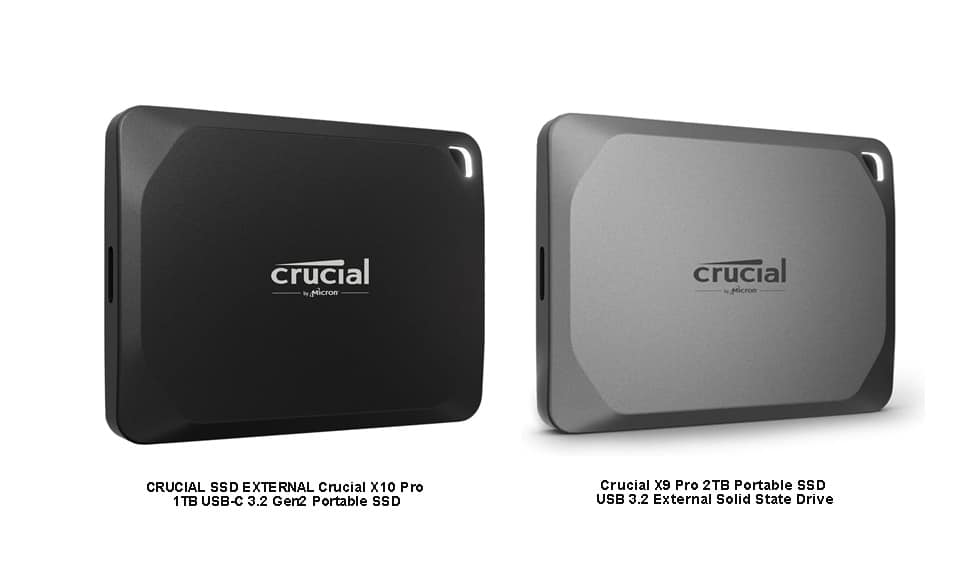
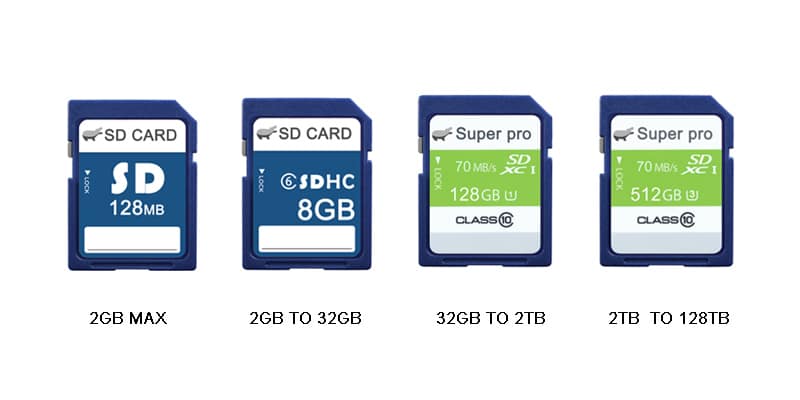
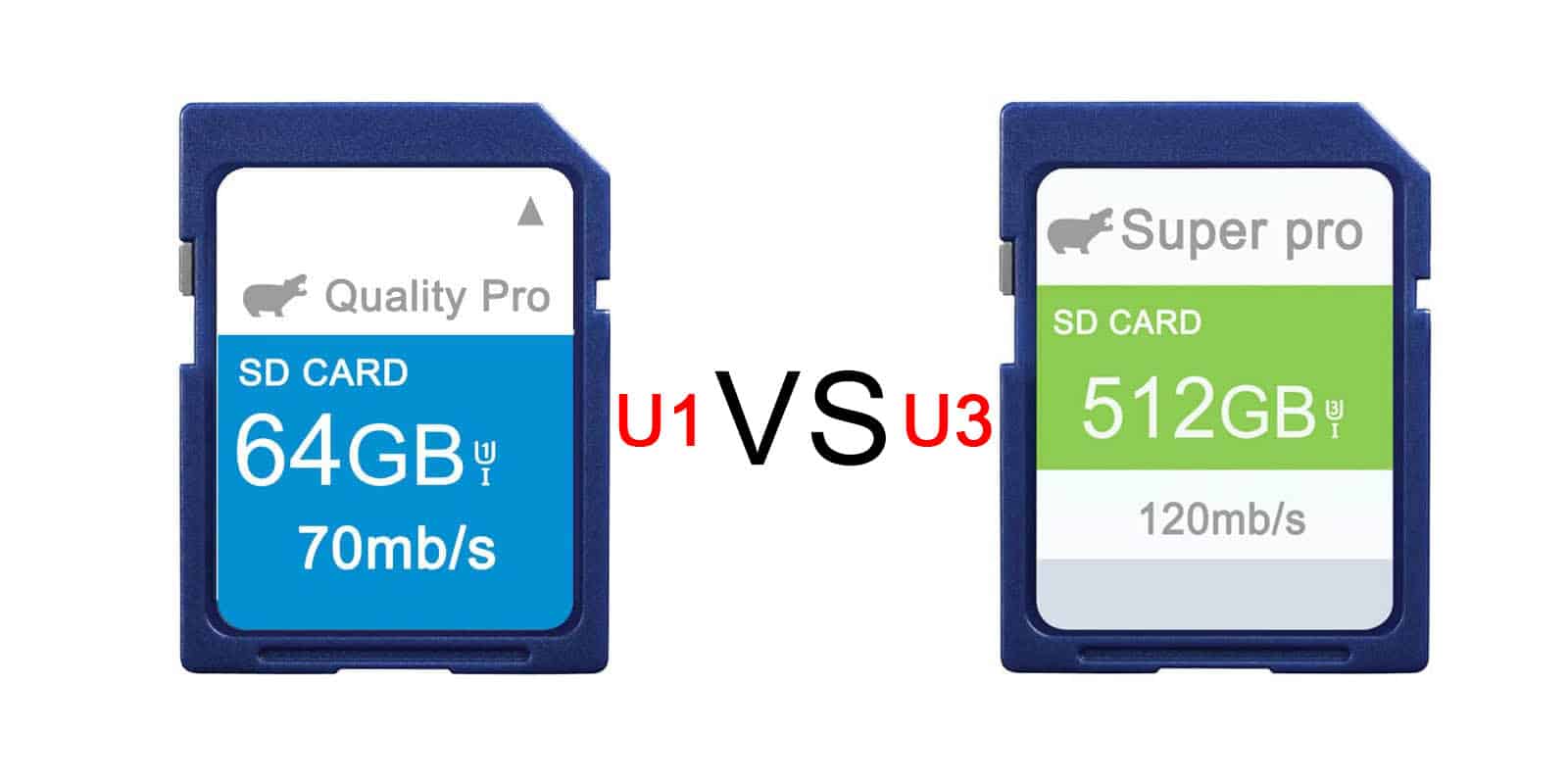
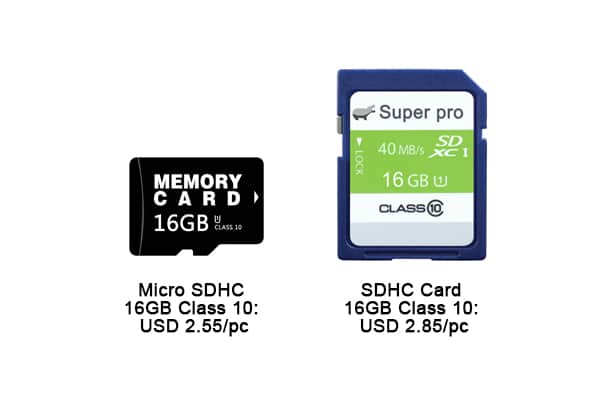
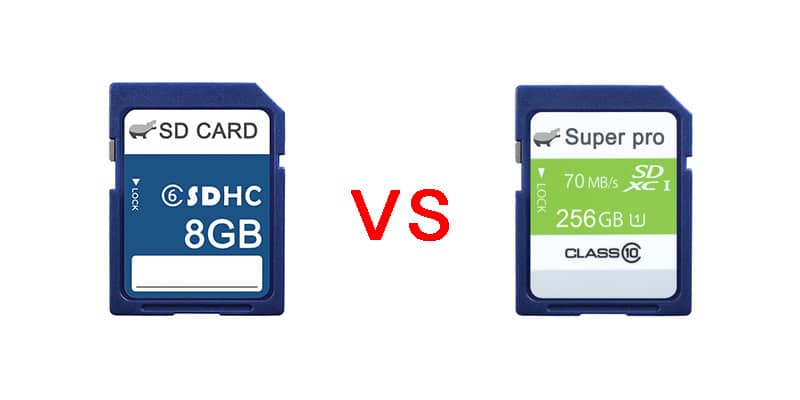
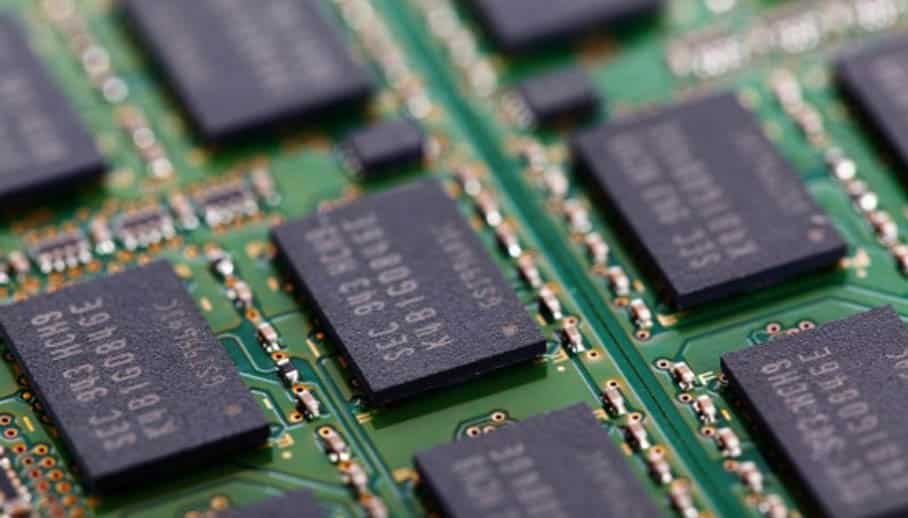
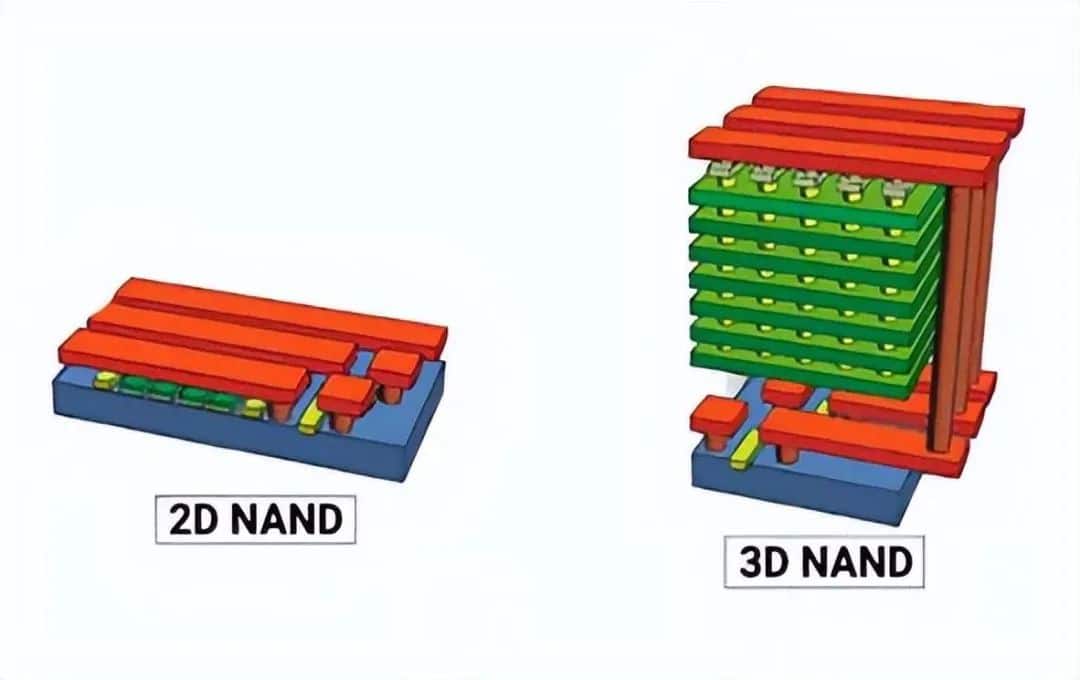

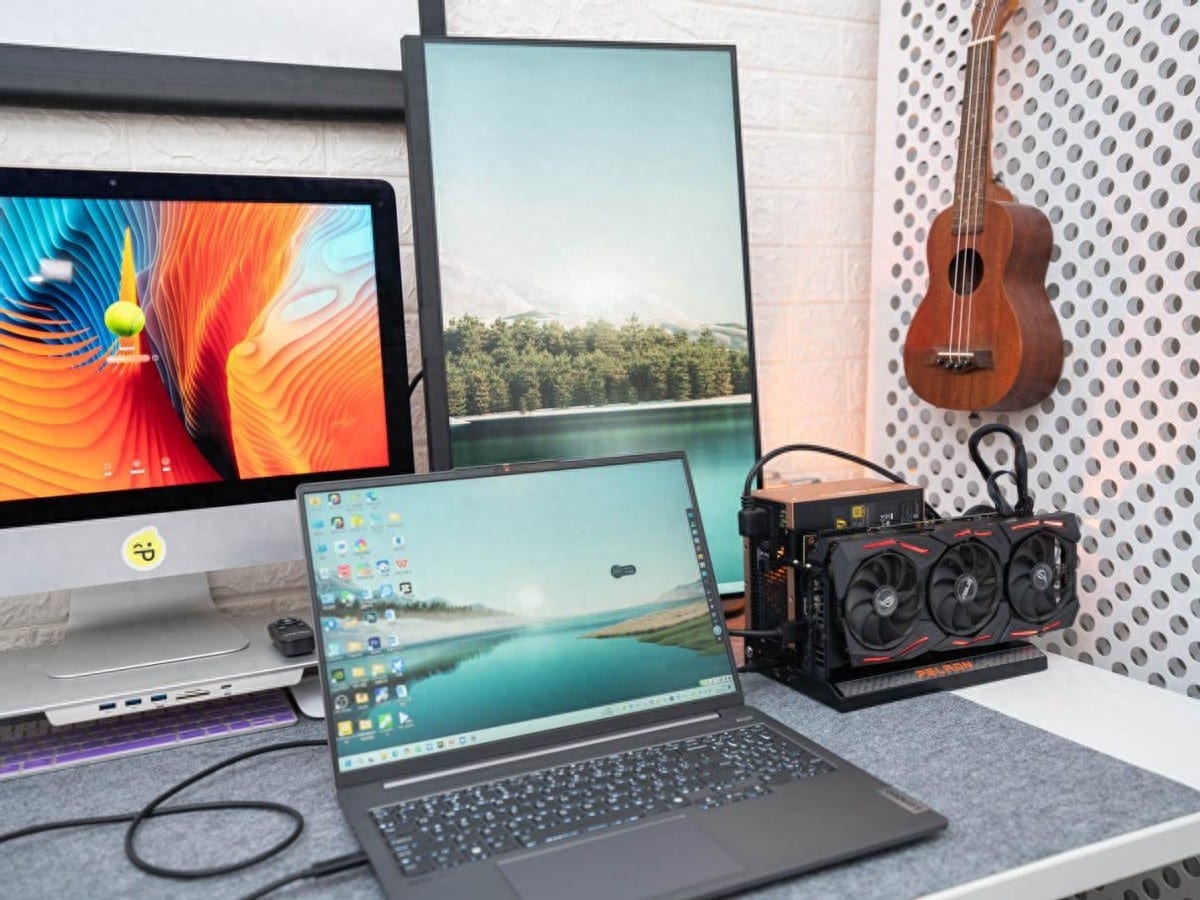
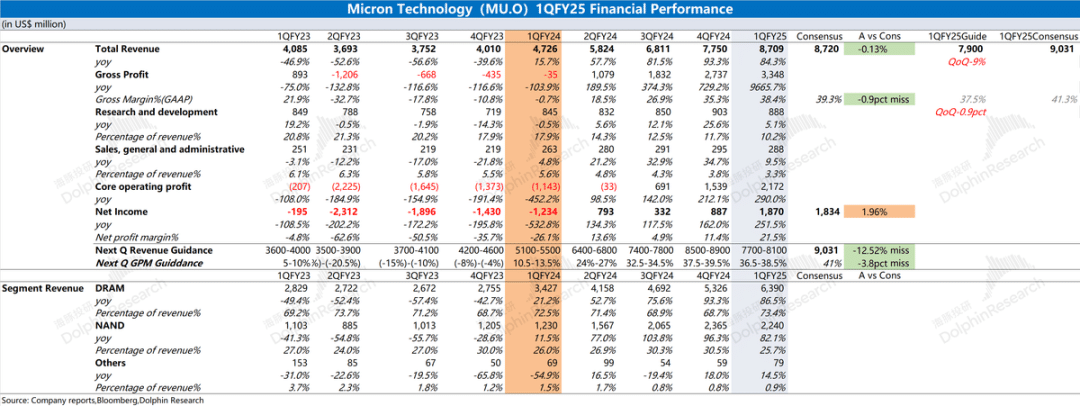
Leave a comment